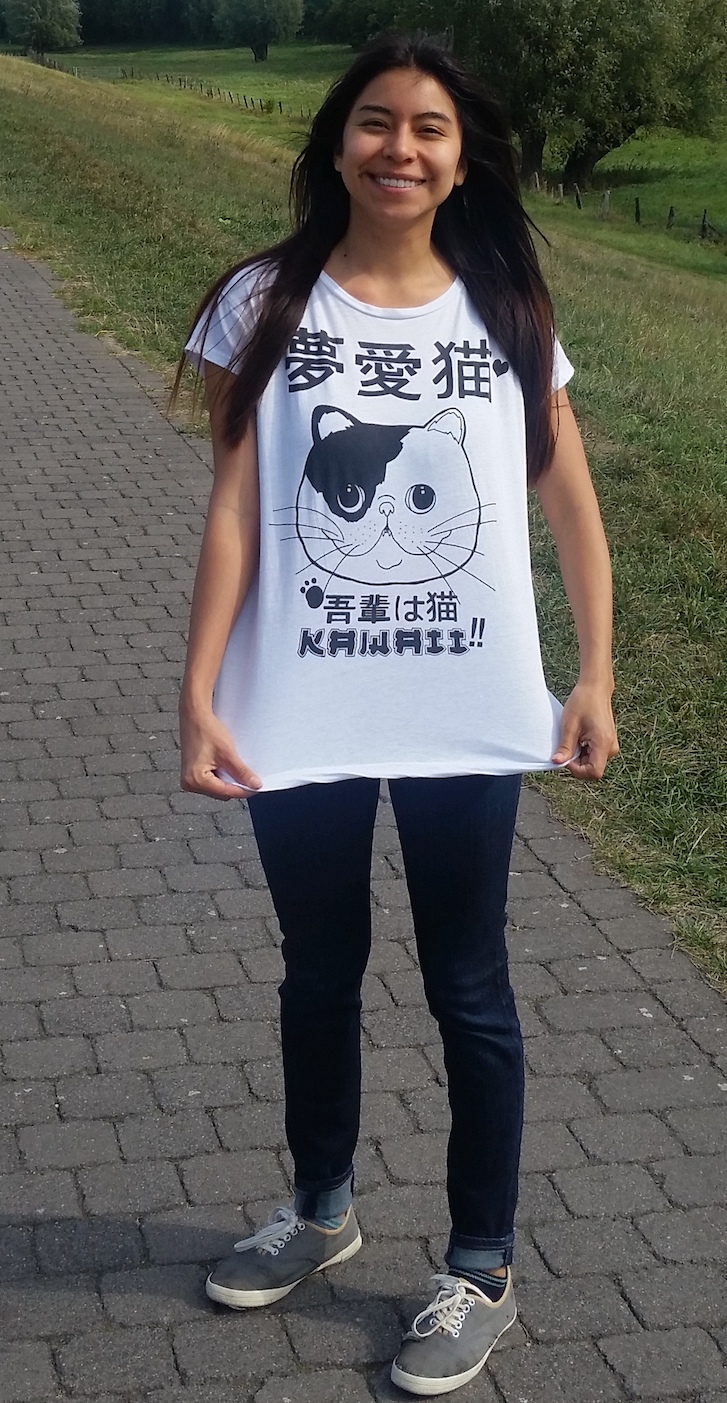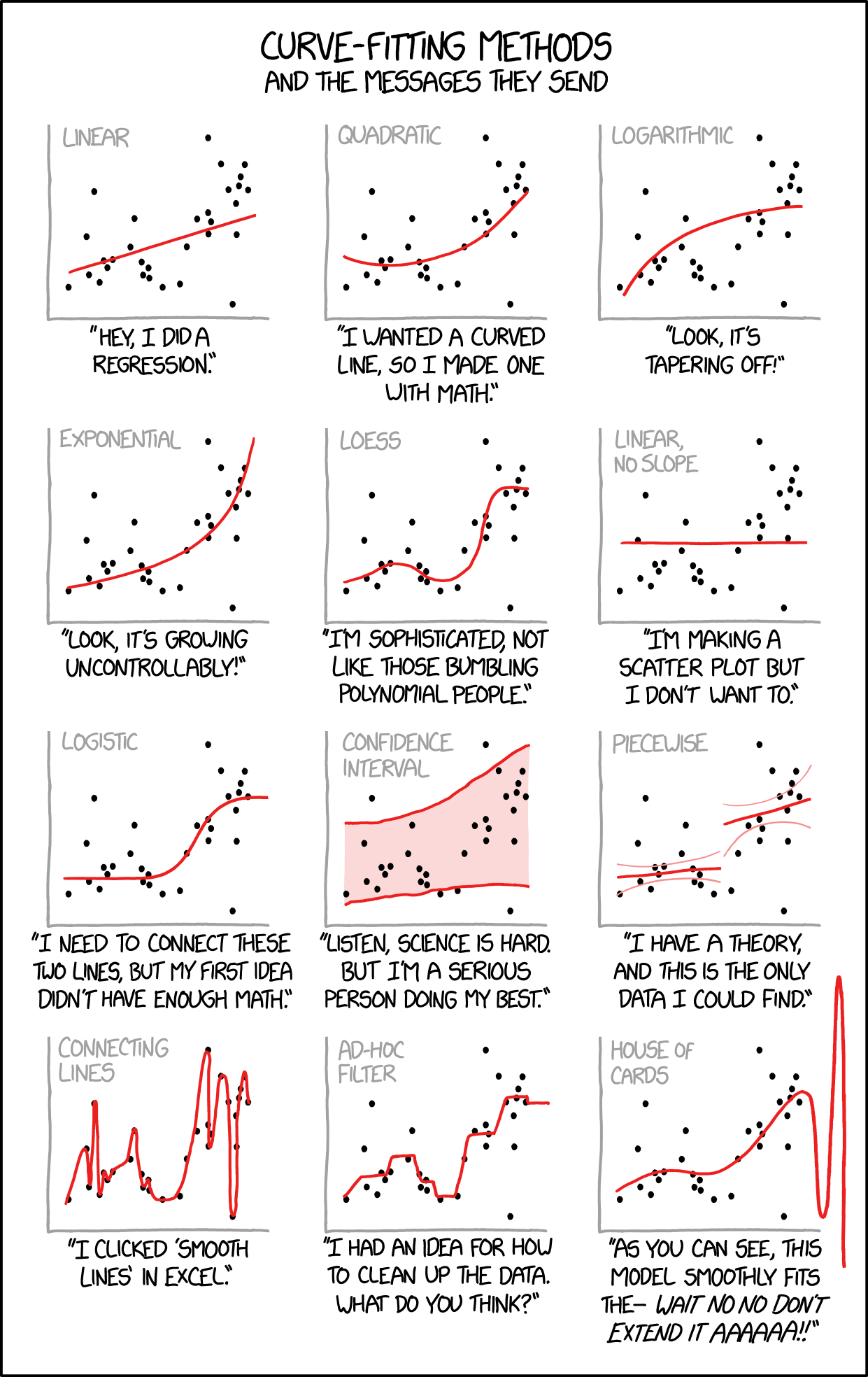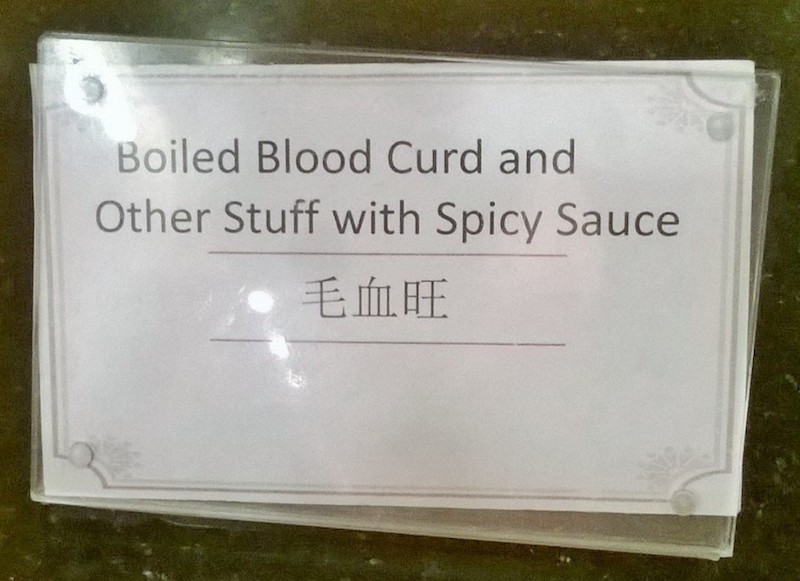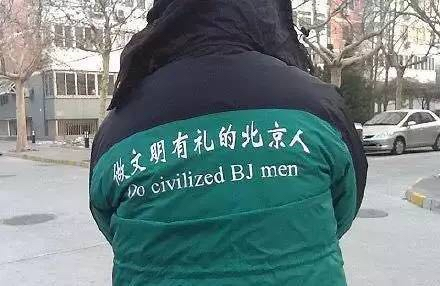Arablish
Adrian Bailey sent in this Yemeni restaurant menu from @wokeeth's Twitter account:
My mum just sent me this pic of a Yemeni restaurant menu. Come read the translations pls. pic.twitter.com/2vSgTJmIi1
— 🎈🤫 (@wokeeth) August 24, 2018
Read the rest of this entry »
Egg tarts around the world: a brief survey
When I was in Hamburg, Germany a few months ago, I was pleasantly surprised to come upon a pastry shop that sold egg tarts warm out of the oven. They were just divine! I think they were called pastéis de nata from the term used for them in Portugal, which seems to be the homeland (or one of the homelands) of this heavenly dessert. Here the word pastéis is translated into English as "pastels", but it's something altogether different from the art medium, and it has a broad spectrum of manifestations as different types of pies and cakes.
Read the rest of this entry »
Generic plural nurses
Following up on Kai von Fintel's post "Nurses say yes and no" — the (mis-)interpretation of generic plurals has been a frequent topic here. "Generic comparisons", 11/7/2011, surveys some of this material, starting from a presentation by Sarah-Jane Leslie of her work in "Do all ducks lay eggs? The generic overgeneralization effect", Journal of Memory and Language 2011. And going back a bit further, in "Mandatory treatment for generic plurals?", 9/13/2009, I proposed "a voluntary ban on the use of generic plurals to express statistical differences, especially in talking to the general public about scientific results in areas with public policy implications".
Read the rest of this entry »
Nurses say yes and no
Question #1 on this November’s ballot in Massachusetts concerns a proposed law
to limit the number of patients that can be assigned to a nurse at any one time.
More than $15 million dollars have already been spent on campaigning about this
question. Lawn signs on both sides of the debate abound in the state:
Now, inquiring minds might wonder: what is it, do nurses say yes or do they say
no?
Read the rest of this entry »
Permalink Comments off
"I am a cat" t-shirt
Thorin Engeseth sent in these two photographs of a Zara brand shirt that his wife bought yesterday:
Read the rest of this entry »
All too true
Today's xkcd:
Mouseover title: "Cauchy-Lorentz: "Something alarmingly mathematical is happening, and you should probably pause to Google my name and check what field I originally worked in.""
Cookie theft renewal
One piece of the "Boston diagnostic aphasia examination" is a picture description task, for which a standard stimulus is the line drawing shown below on the left:
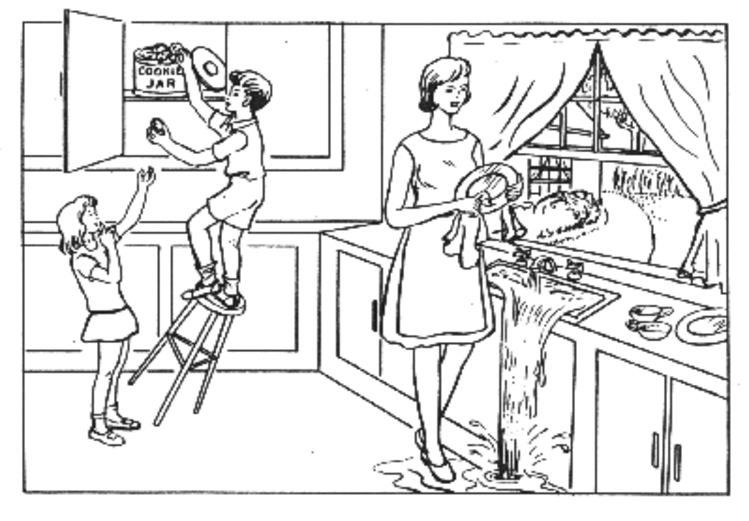 |
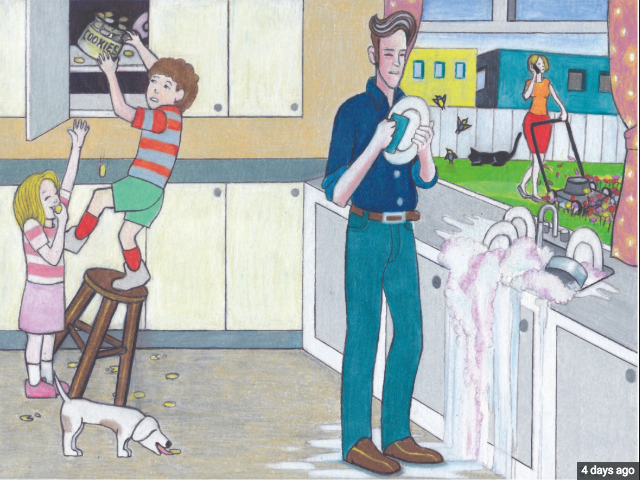 |
For one example of how such descriptions can be used, see Naomi Nevler et al., "Automatic measurement of prosody in behavioral variant FTD", 2017. Because it's a standard part of a standard examination, there's been a good reason to continue to use this drawing — but I've often joked that if I were the examination subject, I'd probably spend half of my description time commenting about the picture's 1955-era vibe.
Read the rest of this entry »
"Boiled Blood Curd" and "Semi-rotted Vegetables Cake"
Menu items at the Asia Bistro, Marriott Hotel, Suzhou, China, courtesy of Thomas Malphus:
Read the rest of this entry »
"Do civilized BJ men"
Zeyao Wu found this photograph on Weibo (a Twitter-like microblogging website in China):
Read the rest of this entry »
Balkan-Chinese rock, with a Turkish twist
From Charles Belov:
This song turned up on my Apple Music new music playlist. Imagine my surprise when, in the middle of this Balkan-language (Croatian, I think, the page mentions "hrvatsko") pop/rock song, Mandarin hip-hop turned up.
https://www.youtube.com/watch?v=F43_89ncQ-I
"Mladen Burnać (feat. Rock) – Džaba Džaba"
Read the rest of this entry »
Official digraphia
More than twenty years ago, I wrote a science fiction novel called "China Babel" (still unpublished) in which I described a time in the future when Chinese would merge with English. Judging from current usage, the future of the mid-90s is fast impinging on the present.
Read the rest of this entry »
"Gweilo" as a racially charged term
Article by the Tibetan writer, Yonden Lhatoo, in the South China Morning Post (9/8/18):
"Is ‘gweilo’ really a racist word? Hong Kong just can’t decide: Yonden Lhatoo shakes his head at the on-again, off-again debate over the use of the word that is obviously racist in its roots, but has become benign due to widespread acceptance among Caucasians themselves"
I will come right out and say it: "gweilo" is overtly, inherently, intentionally racist. It stigmatizes an entire race as inferior beings. If any white person tells you that it is not racist, they are being self-effacing / deprecating or ironic (shuō fǎnhuà 說反話). If a Chinese person says that it is a neutral or positive appellation for a Caucasian, they are either being disingenuous or evidently do not know the meanings of the constituent morphemes (see below).
Read the rest of this entry »



